Need to amend regulations on government guarantee limits
Discussing in the Group on the draft Law amending and supplementing a number of articles of the Law on Public Debt Management, National Assembly deputies agreed with the necessity of amending and supplementing a number of articles of the current Law to institutionalize the Party's policies and remove some practical difficulties and obstacles that have arisen after nearly 7 years of implementation.
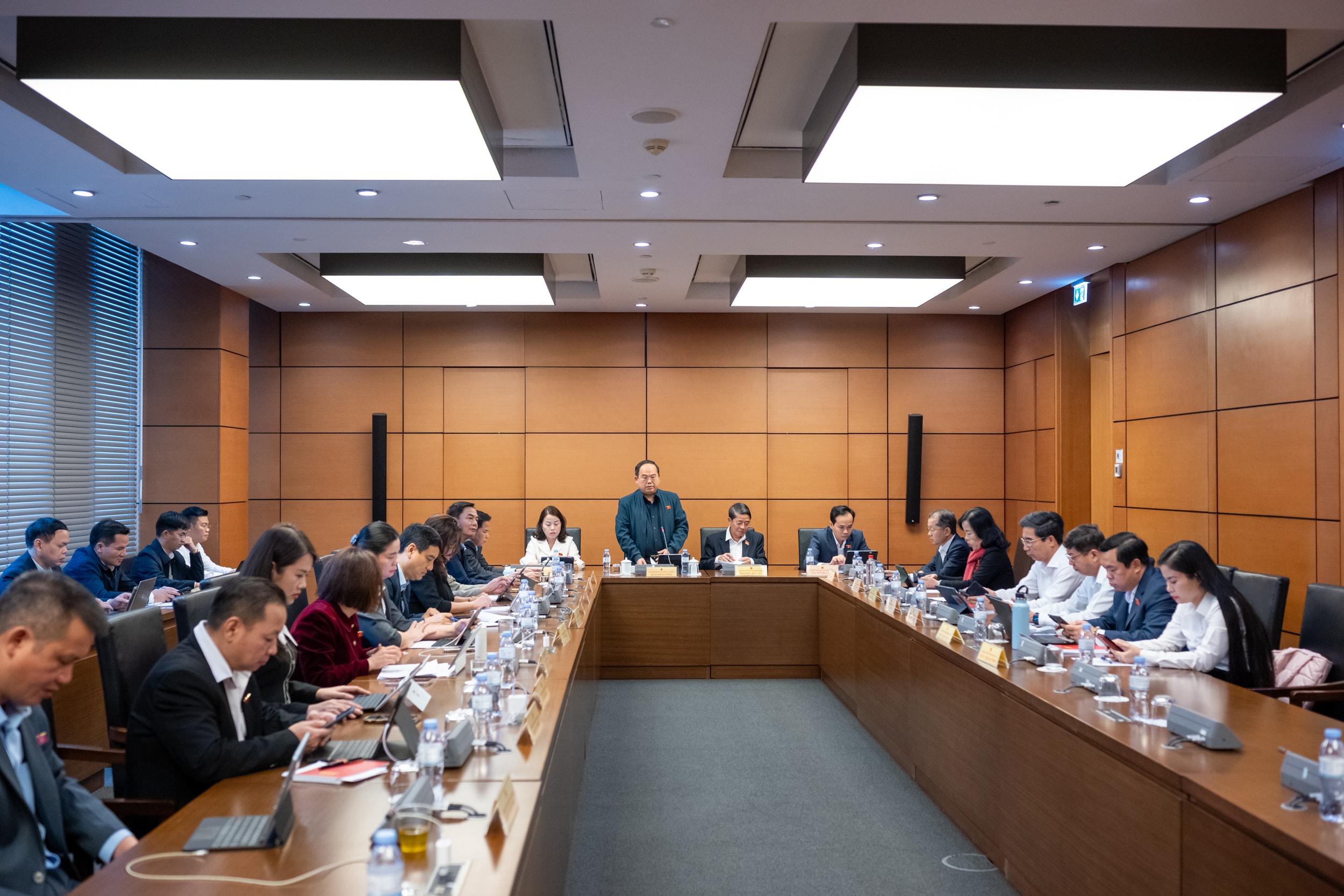
However, the scope of this amendment and supplement to the Law on Public Debt Management is quite broad, while the Government has proposed to include the comprehensive amendment bill in the Law and Ordinance Development Program in 2026. Therefore, delegates suggested that the unclear contents, with many different opinions, and the impact of which has not been carefully assessed, need to continue to study and synthesize practices and make proposals when making comprehensive amendments.
Regarding the concept of Government guarantee limit, Clause 21, Article 3 of the Law on Public Debt Management 2017 stipulates that "Government guarantee limit is the maximum guarantee level of the Government in 01 year or 05 years, determined by the actual amount received minus the principal repayment amount.".
This limit on the Government guarantee level is based on the actual guarantee balance in the period. However, National Assembly member Ly Thi Lan (Tuyen Quang) said that this formula only reflects the part of the guarantee being used, not covering all potential contingent obligations that the Government may have to bear if the borrower cannot repay the debt.
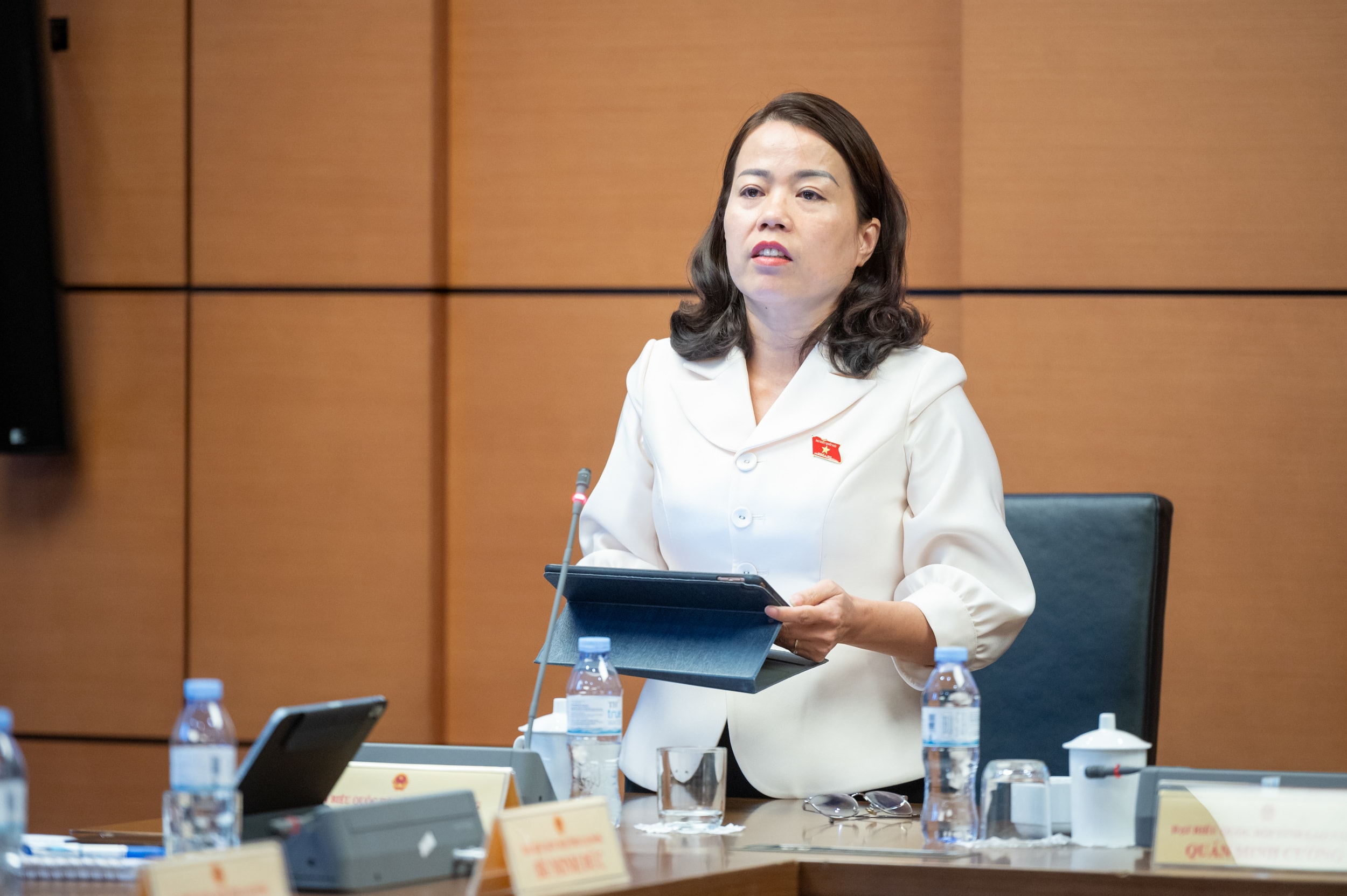
Pointing out the shortcomings of the current regulations, delegate Ly Thi Lan said that, firstly, the regulations do not fully reflect the contingent debt obligations of the State budget, that is, when the Government provides guarantees, potential debt obligations have been formed, even when the borrower has not withdrawn capital or the debt repayment deadline has not come. In addition, only monitoring "actual receipts - principal repayments" does not assess all potential fiscal risks from guarantee commitments.
Second, there is a lack of predictability of the State budget's obligations in the event of a guaranteed default because the current limit is a ceiling control tool, but is not linked to fiscal contingency risk analysis.
Third, it is not completely consistent with international practices (WB, IMF, OECD). These organizations recommend that there should be a “mechanism for pricing and announcing contingent liabilities” from guarantees, not just stopping at the limit of actual guarantees.
“The revision and supplementation of this concept is necessary to maintain the guarantee limit as a ceiling control tool; to be able to monitor the contingent liability from the guarantee in a complete, transparent and quantifiable manner.”
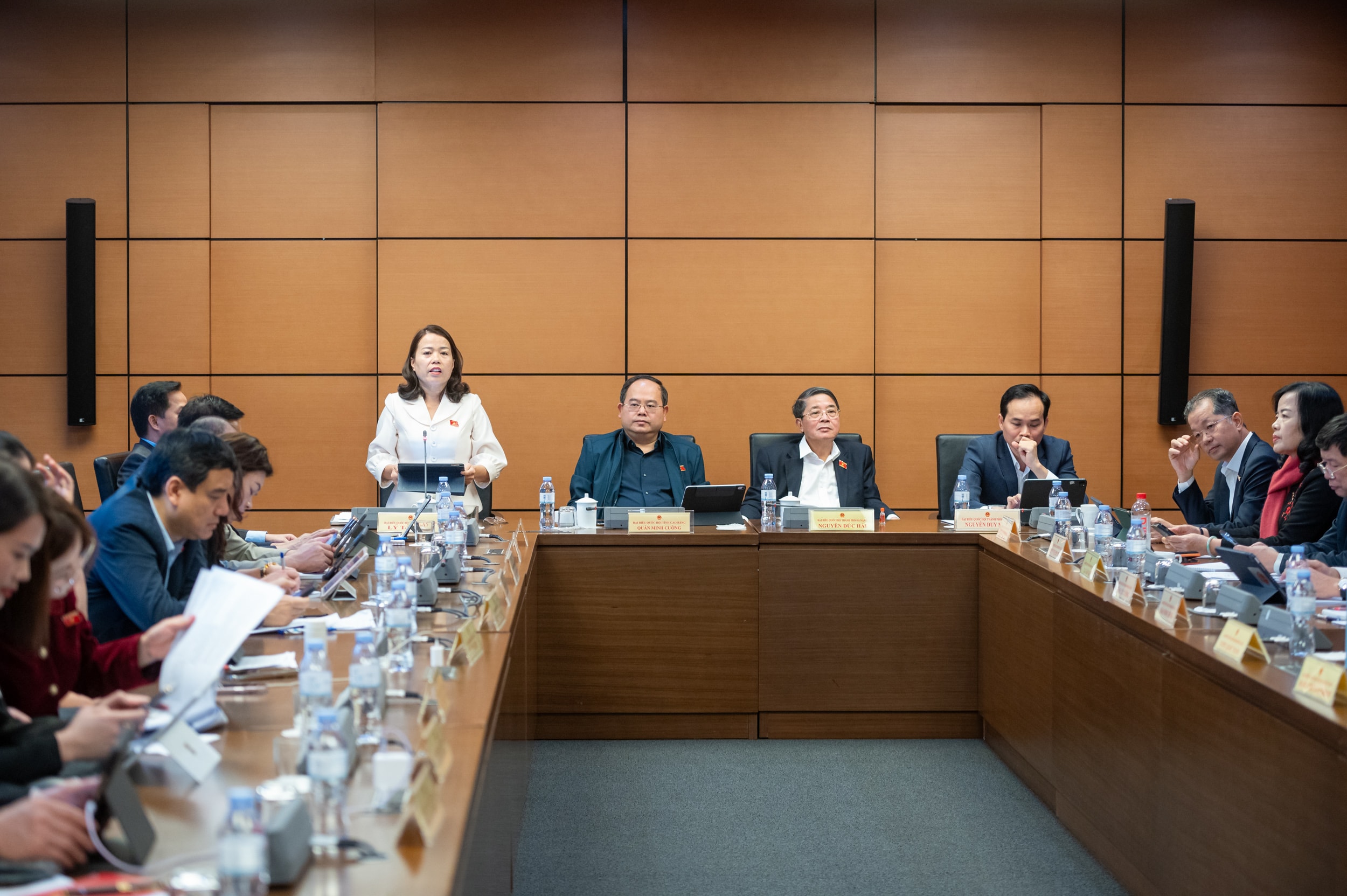
Emphasizing the requirement from this reality, delegate Ly Thi Lan proposed that it is necessary to amend Clause 21, Article 3 to clearly state, “The Government guarantee limit is the maximum guarantee level of the Government in 01 year or 05 years, determined by the actual amount received minus the principal repayment. This limit does not include all potential contingent liabilities from undrawn guarantee commitments. The determination of contingent liabilities from guarantees is carried out according to the principles of fiscal risk management prescribed by the Government".
According to delegates, this concept will ensure that the guarantee limit tool is maintained to control the debt ceiling; supplement guidance on assessing contingent obligations, thereby linking guarantee policy with fiscal risk management, while enhancing budget transparency and National Assembly supervision.
Delegate Ly Thi Lan also said that it is necessary to complete sub-law documents on building a mechanism for pricing guarantee risks (based on credit ratings, the financial situation of the borrower, etc.); reporting potential guarantee contingency obligations in national budget or financial documents, etc. It is possible to learn from the "guarantee risk provision" model of some OECD countries, in order to more closely monitor contingent debt obligations arising from guarantees; improve the ability to manage fiscal risks; and get closer to international practices on managing potential debt obligations.
Localities issuing bonds must be within the total loan amount approved by the National Assembly.
Regarding the conditions for re-borrowing stipulated in Article 36 of the current Law on Public Debt Management, the draft Law currently only amends and supplements a number of re-borrowing conditions for public service units and enterprises, keeping the provisions on the conditions for re-borrowing of the Provincial People's Committee for ODA capital and foreign preferential capital, including four conditions.
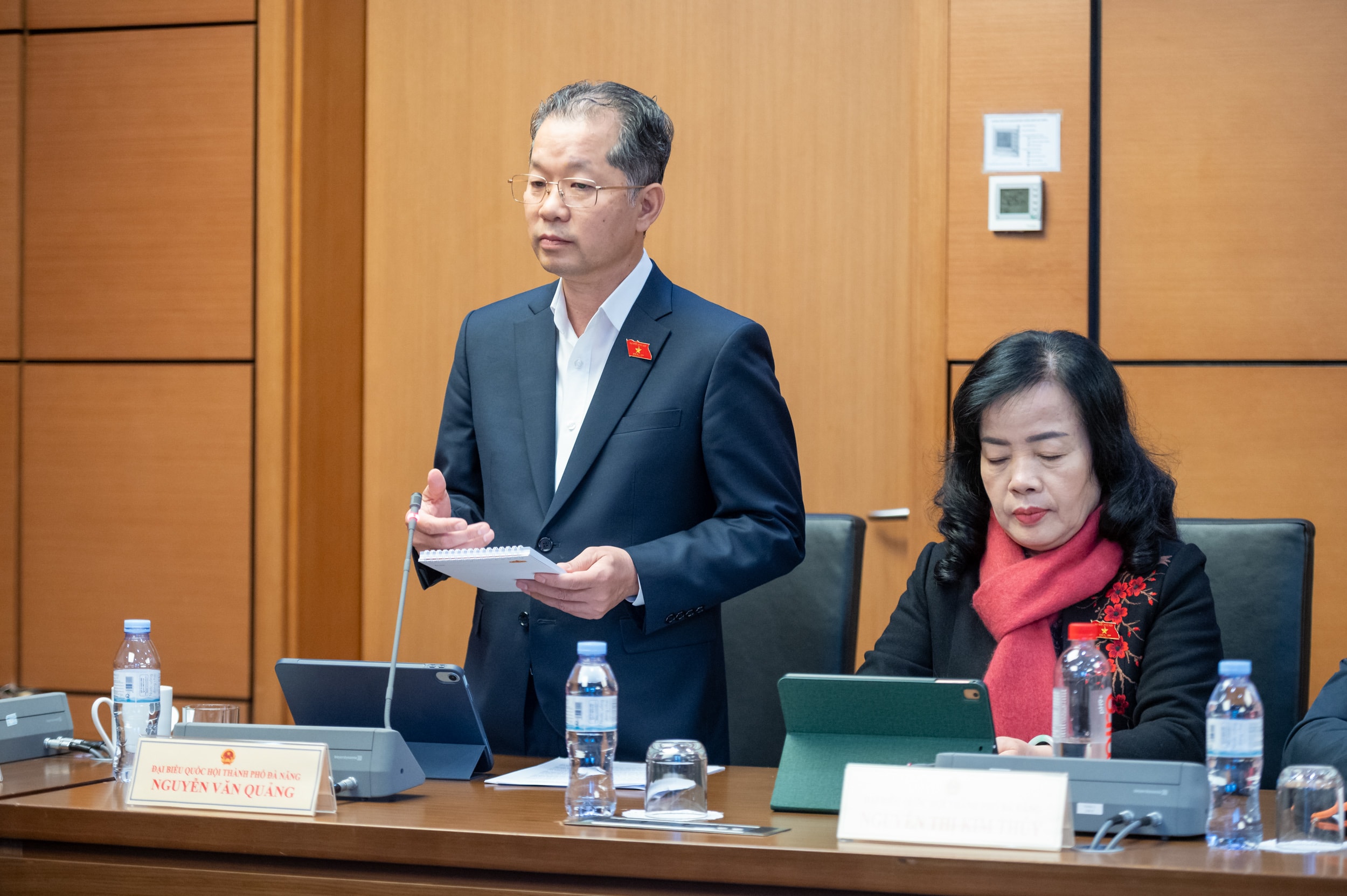
National Assembly Deputy Nguyen Van Quang (Da Nang) suggested that it is necessary to study and amend and supplement the regulations on re-borrowing conditions with the provincial People's Committee in Article 36. Because, after merging the provincial administrative units, the whole country still has 34 provinces and cities with very different scales and characteristics compared to the previous period. Therefore, if the lending conditions of all provincial localities are the same, the localities, whether they can balance their budgets or not, must comply with the 4 conditions stipulated in Article 36, which is not flexible.
The delegates also proposed to amend and supplement Article 36 in the direction of stipulating more relaxed conditions for localities that can balance their own budgets so that these localities can be more proactive and flexible. For localities that are not self-sufficient in budgets and have difficulties in fulfilling their debt repayment obligations, the conditions must be different, and the regulations must be in the direction that the Government has support measures for these localities.
In addition, the delegate suggested reviewing the amendment and supplement to Article 38 on re-lending appraisal, because it is only concise in wording and has not really changed compared to current regulations. Specifically, Clause 1, Article 38 is revised in the direction of "The Ministry of Finance assesses the satisfaction of the conditions for re-lending of the Provincial People's Committee as prescribed in Clause 1, Article 36 and reports to the Prime Minister". According to the explanation, the word "appraisal" is simply replaced with the word "evaluation".
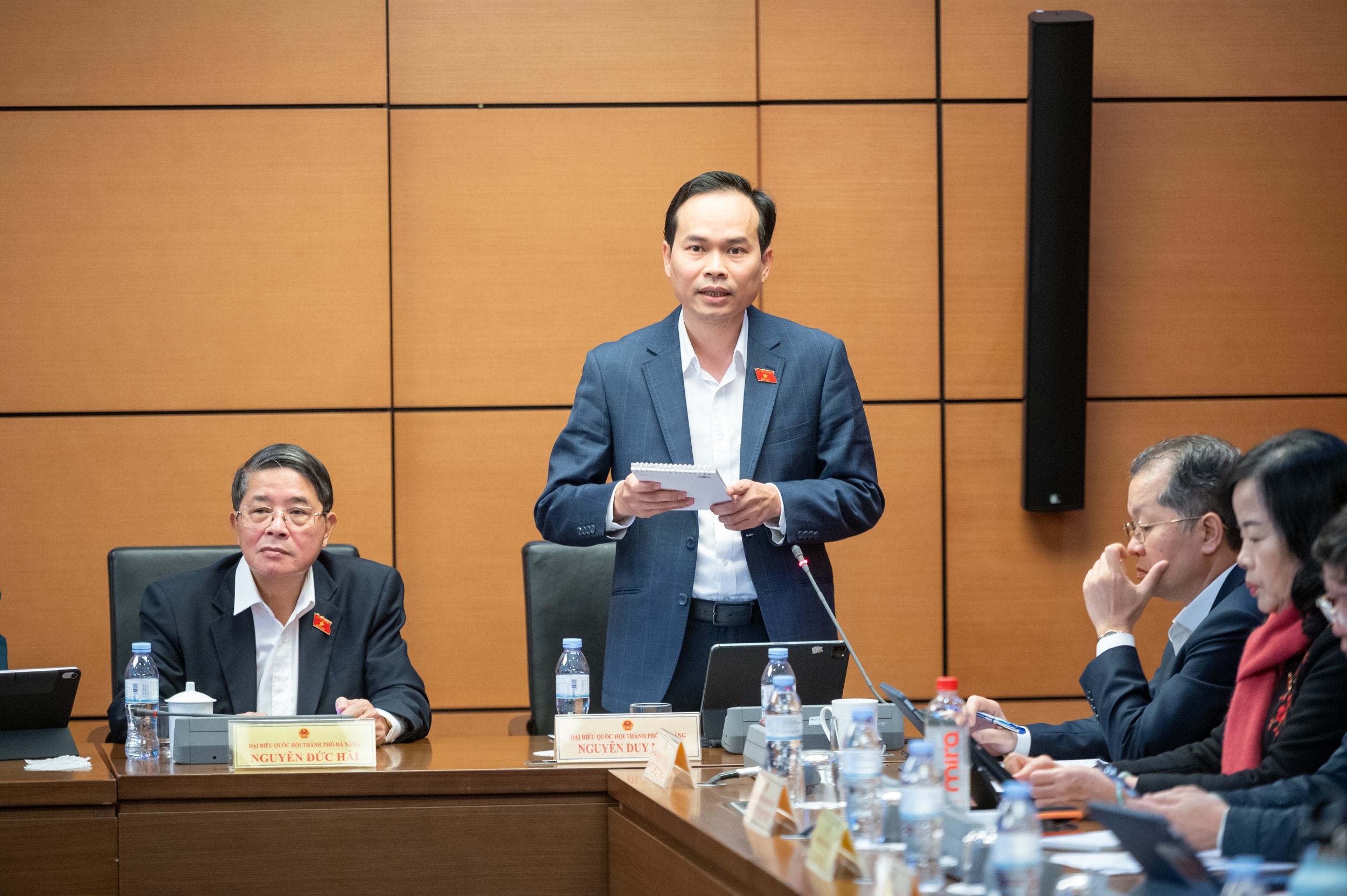
According to delegate Nguyen Van Quang, the nature of "appraisal" and "evaluation" are the same, and the nature of the implementation process is no different from the current Law on Public Debt Management. Therefore, it is necessary to amend in the direction of assigning the Ministry of Finance to give comments to localities and the Provincial People's Committee to report to the Provincial People's Council to decide on re-borrowing appraisal to suit the reality. This will be in line with the spirit of "locality decides, locality does, locality is responsible".
Regarding local government bonds in the domestic capital market, National Assembly deputies Ly Thi Lan and Nguyen Duy Minh (Da Nang) proposed to consider keeping the current regulations (the Provincial People's Committee must seek approval from the Ministry of Finance on the conditions and terms of local government bonds).
The reason is that each locality issues bonds without controlling the conditions and terms, which risks leading to inconsistent mobilization interest rates, inappropriate terms, and may cause financial risks for local debt. If the draft Law is still decentralized, it is recommended that the full authority be given to the Provincial People's Council for approval to ensure that the total loan amount approved by the National Assembly is within the total loan amount to ensure public debt safety.
Source: https://daibieunhandan.vn/can-danh-gia-nghia-vu-no-du-phong-de-tang-quan-ly-rui-ro-tai-khoa-10394134.html


![[Photo] The road connecting Dong Nai with Ho Chi Minh City is still unfinished after 5 years of construction.](https://vphoto.vietnam.vn/thumb/1200x675/vietnam/resource/IMAGE/2025/11/04/1762241675985_ndo_br_dji-20251104104418-0635-d-resize-1295-jpg.webp)


![[Photo] Ho Chi Minh City Youth Take Action for a Cleaner Environment](https://vphoto.vietnam.vn/thumb/1200x675/vietnam/resource/IMAGE/2025/11/04/1762233574890_550816358-1108586934787014-6430522970717297480-n-1-jpg.webp)
![[Photo] Panorama of the Patriotic Emulation Congress of Nhan Dan Newspaper for the period 2025-2030](https://vphoto.vietnam.vn/thumb/1200x675/vietnam/resource/IMAGE/2025/11/04/1762252775462_ndo_br_dhthiduayeuncbaond-6125-jpg.webp)
![[Photo] Ca Mau "struggling" to cope with the highest tide of the year, forecast to exceed alert level 3](https://vphoto.vietnam.vn/thumb/1200x675/vietnam/resource/IMAGE/2025/11/04/1762235371445_ndo_br_trieu-cuong-2-6486-jpg.webp)




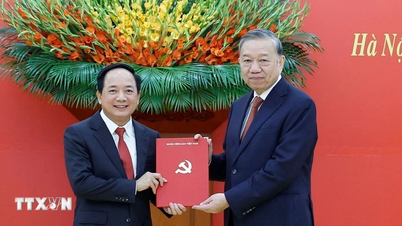

![[Photo] Prime Minister Pham Minh Chinh chairs the 20th meeting of the National Steering Committee on combating illegal fishing.](https://vphoto.vietnam.vn/thumb/402x226/vietnam/resource/IMAGE/2025/11/04/1762267178314_dsc-0115-jpg.webp)









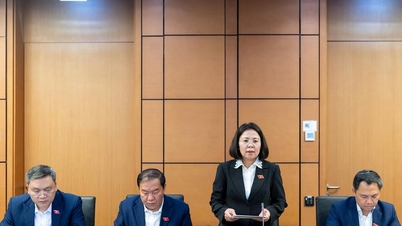
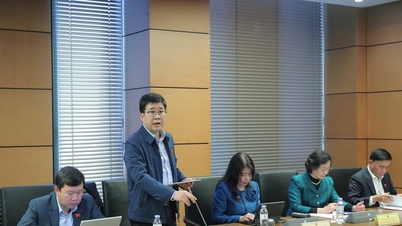
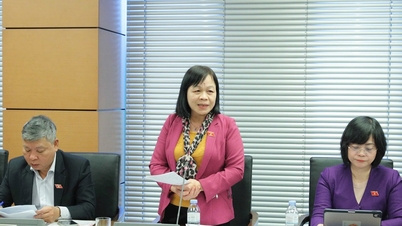








































































Comment (0)